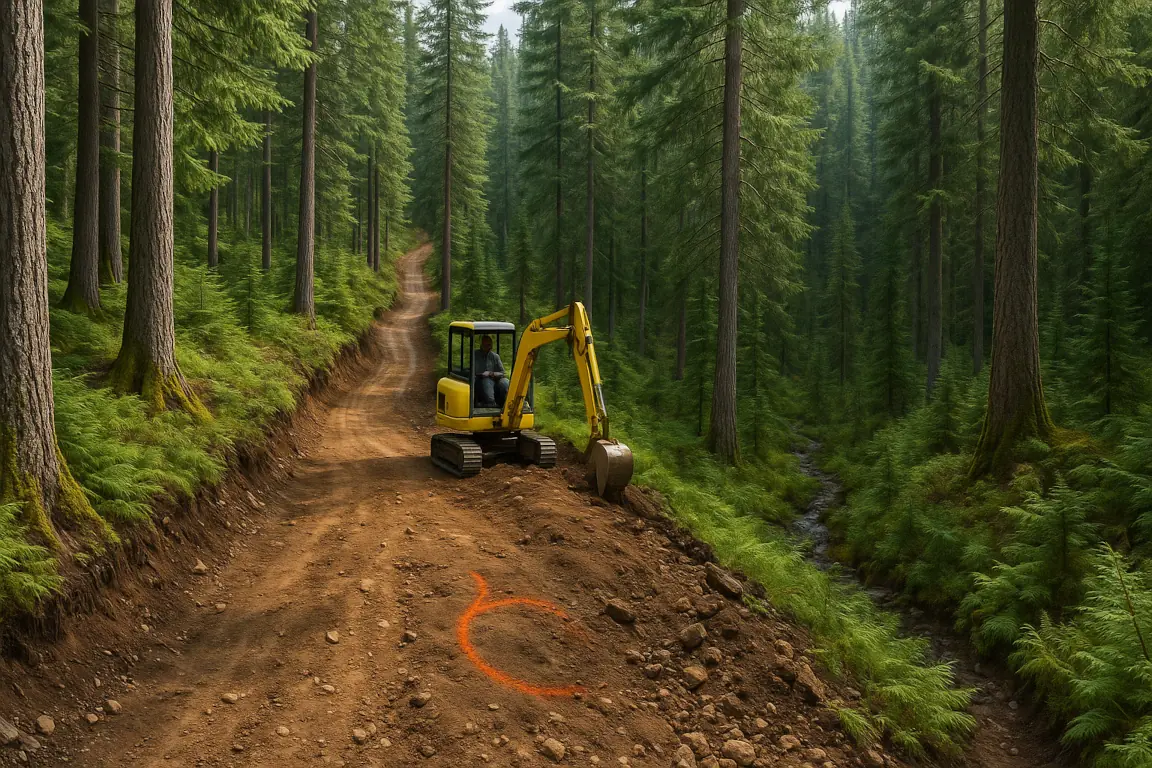
Machine-Built Trail Techniques
Learn how to efficiently build sustainable mountain bike trails using machinery, from mini-excavators to dozers, with professional techniques and best practices.
Overview
Understanding Machine-Built Trails
Machine-built trails have revolutionized mountain bike trail construction, allowing builders to create more trail in less time while maintaining high quality and sustainability. This tutorial covers the fundamentals of machine-built trail techniques, equipment selection, and best practices for creating flowing, durable trails.
- Increased efficiency (10x faster than hand-building)
- Ability to move large amounts of material
- Consistent trail tread and features
- Better compaction for durability
- Ability to create larger features
- Reduced physical strain on builders
- Higher initial cost for equipment
- Requires skilled operators
- Larger footprint during construction
- Access limitations in some terrain
- Environmental impact considerations
- Permitting requirements may be stricter
Types of Machine-Built Trails
Machine-built trails can be categorized based on the primary equipment used and the resulting trail style.
Most versatile for trail building. Excel at bench-cutting on sideslopes, creating berms, and building technical features. Smaller footprint allows access to tighter areas.
Ideal for creating flow trails with wide, smooth surfaces. Excel at moving large volumes of dirt and creating consistent grades. Common in bike parks and flow-focused trail systems.
Effective for trail building in flatter terrain. Particularly useful for creating pump tracks, dirt jumps, and features requiring precise shaping. Suitable for tighter spaces.